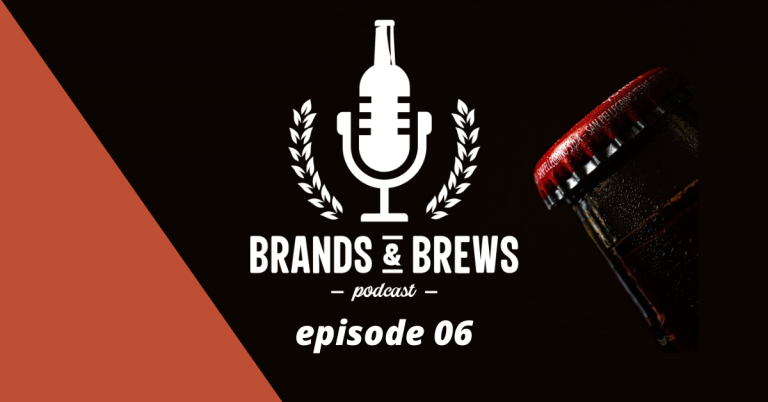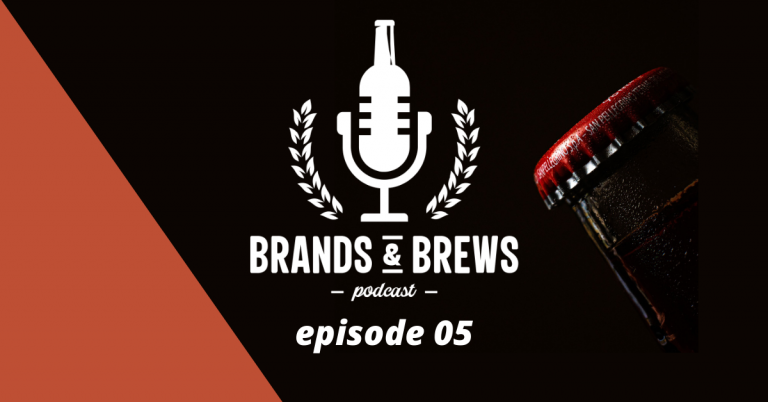
Episode 006 – Emerging Marketing Professionals & Getting Hired (Part 2)
This is a special episode dedicated to the emerging marketer – part 2.
Jesse and Kirill talk about the challenges of starting a career in marketing and how an entry level candidate can land that first job – over a cold beer. Again…





